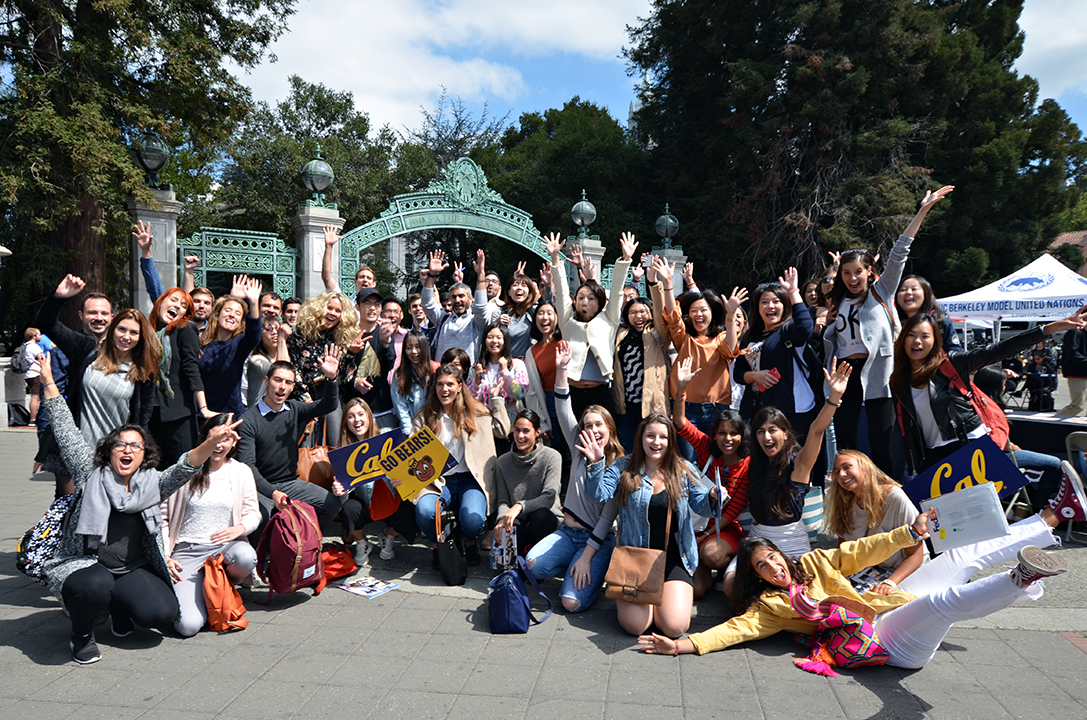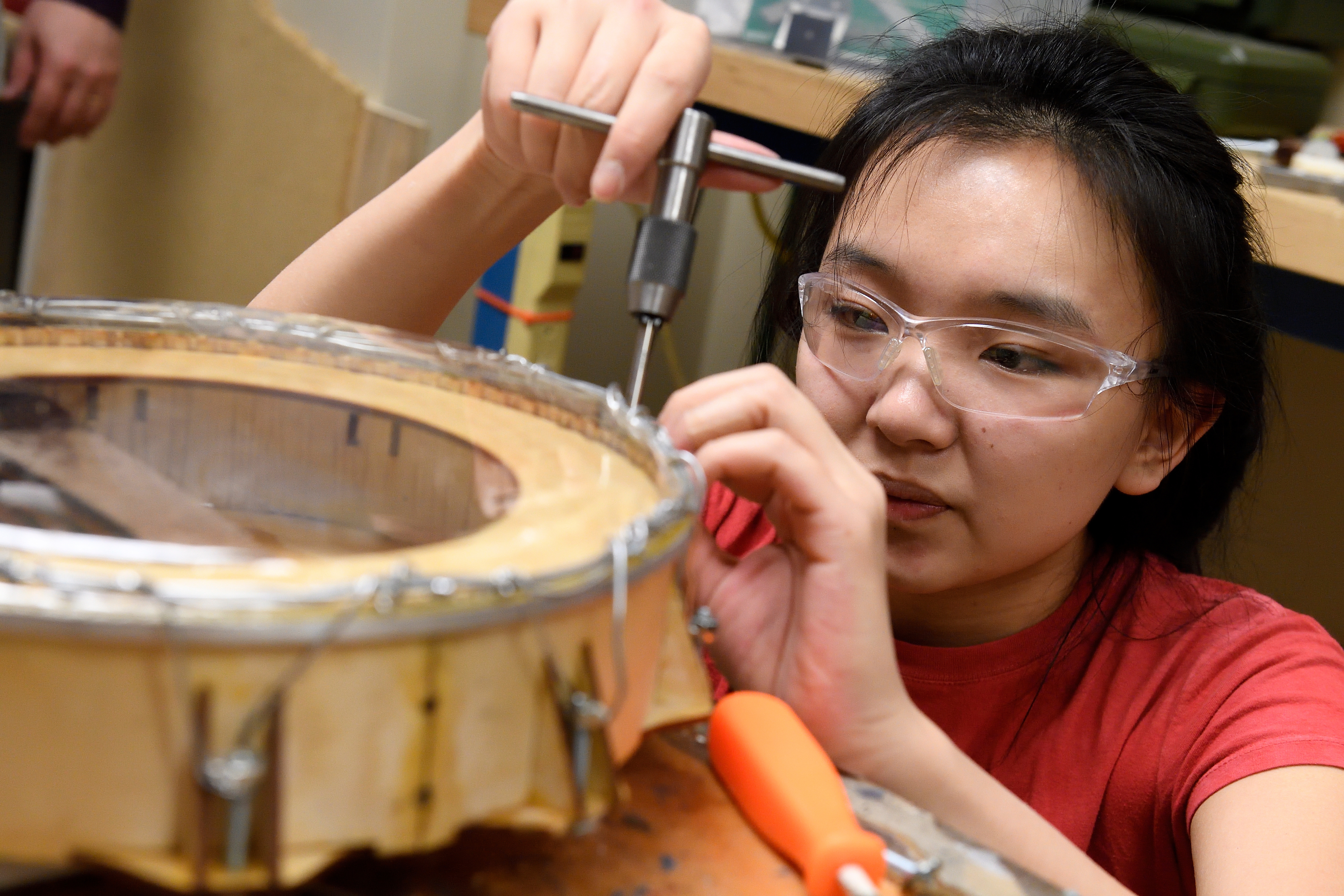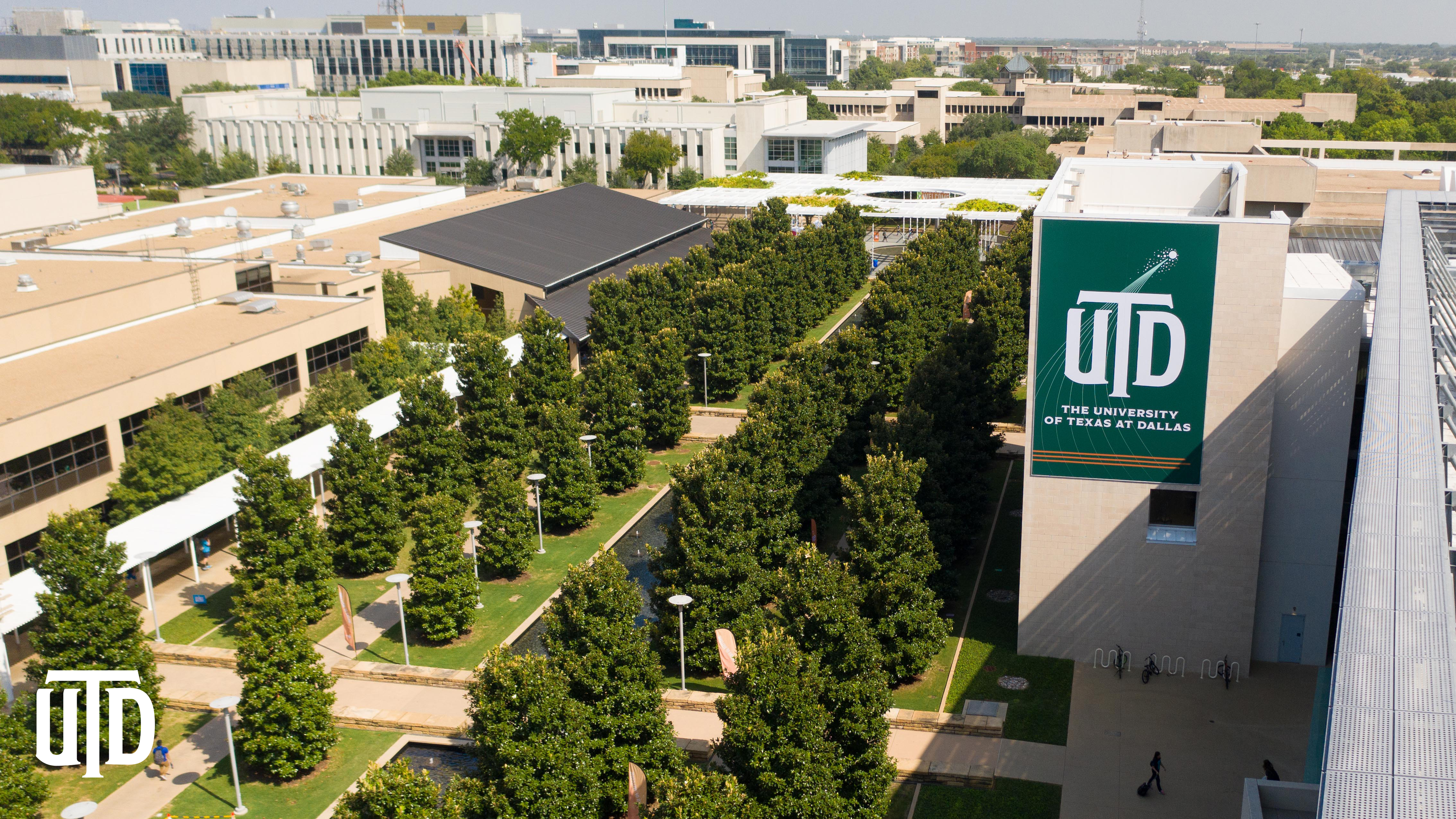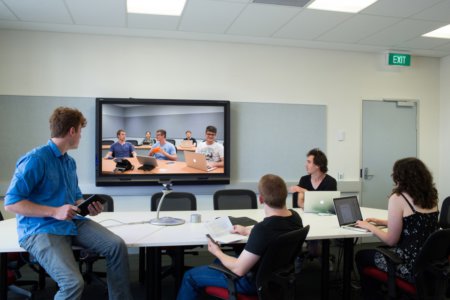
The Fourth Industrial Revolution (aka Industry 4.0) brings upon a new chapter in human development. More than just a technological advancement, it is paving the way for transformative changes across all industries with its fusion of the physical, digital, and biological worlds.
According to the World Economic Forum, 65% of children starting primary school will work in jobs that do not exist yet. According to a report titled “The Future of Jobs” by the World Economic Forum, Industry 4.0 will see a union of multiple fields, including artificial intelligence, robotics, 3D printing and quantum engineering.
From age to age, engineering has not only laid foundations, but helped build societies and witnessed industrial revolutions. Question is, how will The Fourth Industrial Revolution affect the life of engineers?
While the role of the engineer remains the same — which is to provide technological solutions to problems — that would no longer just be the case; instead, the focus will be on intersectionality, by way of integrating and connecting systems, impacting infrastructure and mobility in the engineering space.
Electrical engineers, in particular, stand to play a big role in preparing society for this coming tech epoch. From communications to signal processing they can contribute to the 21st century in more ways than can be imagined today. Computing and coding literacy, in particular, can improve future career prospects even more. Here are some institutions that will help you get there.
Michigan Technological University: Department of Electrical and Computer Engineering
The return on investment for an advanced degree from the Department of Electrical and Computer Engineering can be seen in several stats. Demand is soaring high in the Electrical Engineering field with 60% of the current workforce at or near retirement age. In four of the last five years, Michigan Tech recorded a 100% placement rate for students in one of its top master’s programmes. Graduate starting salaries are high, an average of US$78,375.

Source: Michigan Technological University
The Master’s in Electrical and Computer Engineering — Focus in Power Systems encompasses all-rounded units that include power system protection; smart grid; photovoltaic and wind technology; algorithms and optimisations; and robotics. There are specialised units to soak up more knowledge in areas such as circuits and instrumentation; industry control systems; computational intelligence and more.
Part of this success comes from how its master’s degrees are designed. Master’s in Electrical and Computer Engineering students learn the connections between hardware, software and the physical world. The curriculum includes electrical energy systems, robotics, signal and image processing, communications, embedded systems, electro-magnetics, optics, and photonics.
A safe and welcoming international community? Check. An established track record in producing dynamic graduates? Check. Michigan Tech was home to approximately 619 international students in the 2019/20 academic year. Applicants with a BSEE from an ABET accredited institution and 79 overall TOEFL or 6.5 overall IELTS results are invited to apply — no GRE required. An education at Michigan Tech could map out an exciting career path for you — learn more here.
University of California, Berkeley: Department of Electrical Engineering and Computer Sciences
UC Berkeley has a strong track record of programmes that attract stellar students and professors from around the world. The master’s programmes offered by this top public university provide deep technical specialisation, giving students a head start in their career. The MSc in Electrical Engineering focuses on concentration modules such as computer vision; artificial intelligence; control, intelligent systems, and robotics; and micro/nano electro mechanical systems.

Source: UC Berkeley
Whereas the MSc Computer Science equips students with thorough knowledge of human-computer interaction, as well as operating systems and networking.
Students from all over the world are represented here under one roof — a testament to the university’s recognition of the importance of a diverse student body. Be it engineering, law or design, UC Berkeley’s commitment to innovation in teaching and learning has proven to keep students coming back for more.
Johns Hopkins University: Whiting School of Engineering
A research pioneer, the Whiting School of Engineering at Johns Hopkins University continues to offer cutting-edge education with new tools and technology provided for a more interactive education experience. A comprehensive and flexible programme, their MSc in Engineering integrates modules from both electrical and computer engineering, such as computational and biomorphic systems; neuromorphic engineering; and language and speech processing.

Source: Johns Hopkins University
It’s an education that leads to success. Kewei Yang, who completed his MSc in Electrical Engineering, is now the co-founder of Analogix — a company that designs and manufactures semiconductors for the digital multimedia market. It’s been a strong market player for over 14 years, with potential for future expansion.
The Department is equally focused on building strong ties with industry, as well as with other university departments too. With the university encouraging students to network with their peers and hone their talents during practical experiences, it is setting its students up for the best chance at landing their dream jobs.
University of Texas at Dallas: Jonsson School Department of Electrical and Computer Engineering
The Jonsson School of Electrical and Computer Engineering offers a holistic learning experience in training graduates who are upskilling or employees who are reskilling. The MSc in Computer Engineering was curated with modules that incorporate vast areas of electrical engineering and computer science and is accredited by the Engineering Accreditation Commission of ABET. The programme integrates design, construction, implementation and maintenance of both software and hardware components of modern computing systems, preparing students for careers that deal with computer systems from design through implementation.

Source: UT Dallas
The programme is ranked third for computer engineering among public schools in Texas and boasts a US$106,000 median post-graduate starting salary. “The Department gave me the flexibility to pursue my PhD while maintaining full-time employment at Texas Instruments. That flexibility was crucial in setting me up for my current role as founder of a renewable energy company,” said graduate Arun Gupta, Class of 2012.
*Some of the institutions featured in this article are commercial partners of Study International










